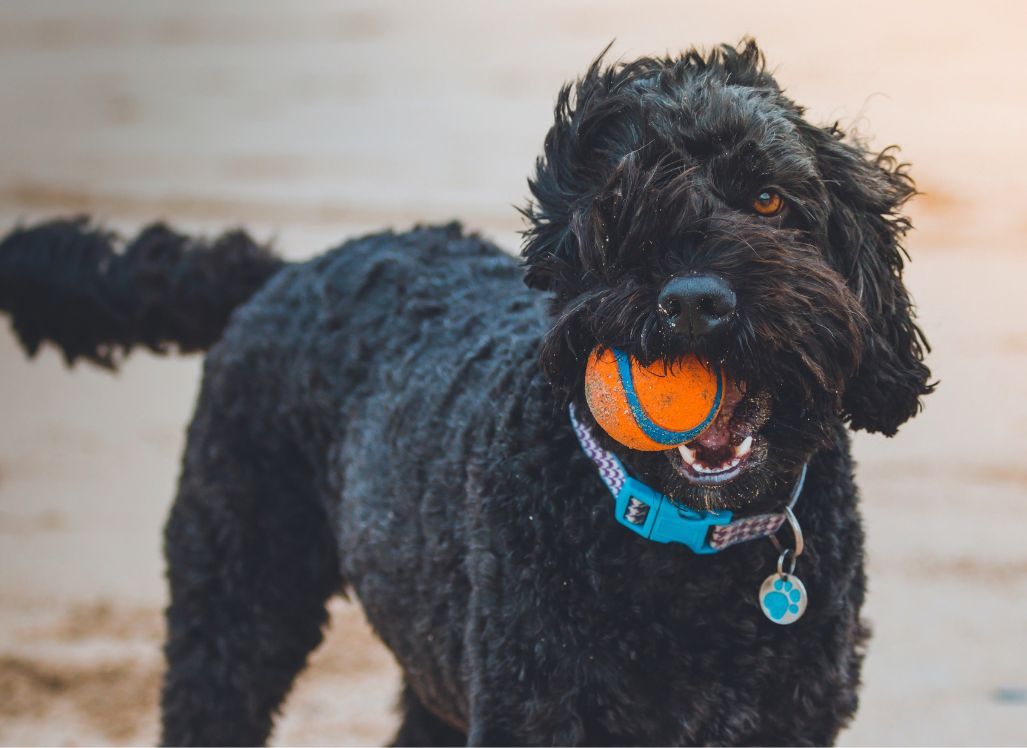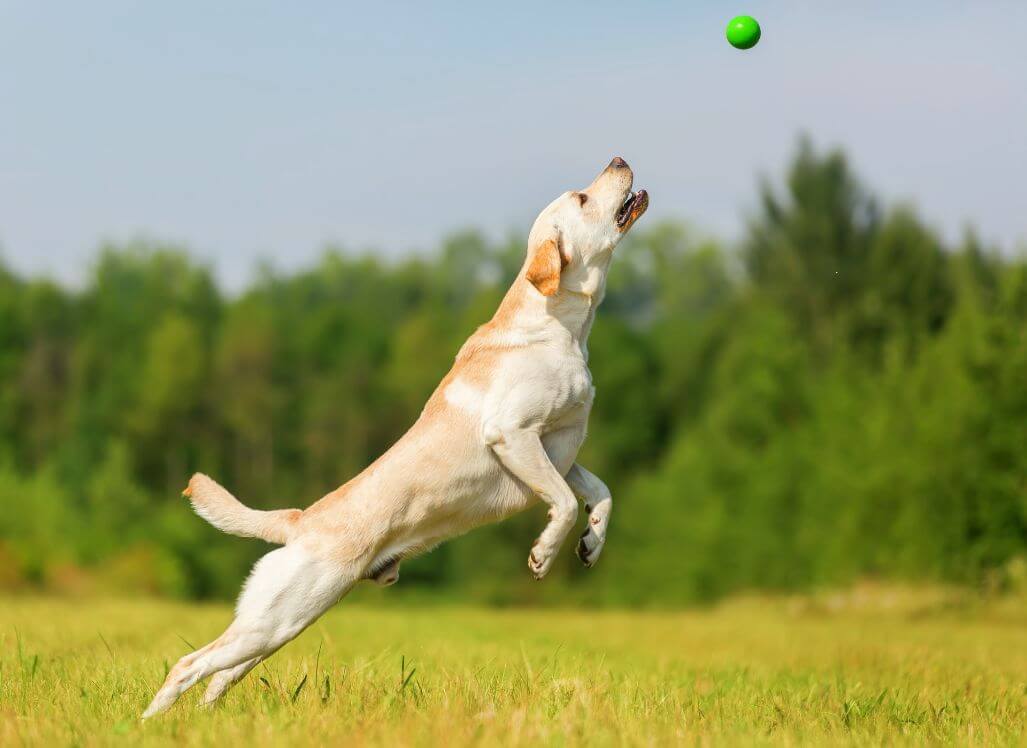From golden retrievers to poodles, it seems like every dog breed loves playing fetch with a tennis ball. And why wouldn't they? Tennis balls are the perfect size for most dogs to carry in their mouths, and they're easy to throw long distances. Plus, they make a satisfying 'thunk' sound when they hit the ground, which adds an extra element of fun for our furry friends.
However, as much as your dog may love playing with tennis balls, it's important to be aware of the potential dangers they pose. In this blog post, we'll go over some of the pros and cons of tennis balls for dogs so that you can make an informed decision before you go out and get some tennis balls for your pup.
The Pros and Cons of Tennis Balls
The Pros
Tennis balls are relatively inexpensive, so they're a great toy for budget-conscious pet owners. They're also easy to find; you can usually pick them up at your local grocery or convenience store. And since they're small, they're easy for most dogs to carry around in their mouths.
Tennis balls are also a good option for interactive playtime. Whether you're playing fetch with your dog in the park or teaching them to retrieve objects, tennis balls can be a fun way to bond with your furry friend.
The Cons
While tennis balls may seem harmless, there could be some potential dangers associated with them.
Choking Hazards
One of the biggest dangers of tennis balls for dogs is that they pose a choking hazard. If a dog bites down on a tennis ball too hard, it can cause the ball to break into smaller pieces that can then get lodged in the dog's throat.
Another factor is the size of the ball. Choosing a ball that’s smaller than the dog’s mouth could even result in it being swallowed whole! Look out for tennis balls that are for dogs that can in different sizes, so that you can choose just the right size for your dog.
If you do choose to let your dog play with a tennis ball, be sure to supervise them closely and take the ball away if they start to chew on it too aggressively.
Digestive Issues
Another potential danger of tennis balls for dogs is that they can cause digestive issues if swallowed. Tennis balls are made of rubber and fabric, which means they're not meant to be ingested by animals (or humans, for that matter). If your dog swallows parts of a tennis ball, it could cause an obstruction in their digestive tract or even tear their stomach lining. If your dog seems to be swallowing their tennis ball whole or in large chunks, take it away from them and contact your veterinarian right away.
Tennis Ball Toxicity
It's also important to note that some tennis balls contain harmful chemicals that can be toxic to dogs if ingested. Many brands of tennis balls are treated with pesticides and other chemicals to prolong their shelf life. If your dog bites into a treated tennis ball, those chemicals could be released into their system and cause serious health problems. To avoid this, only buy tennis balls that are specifically labeled as "pet-safe" or "non-toxic."
Tooth Abrasion
You may not be aware that the seemingly harmless neon yellow fuzz on a tennis ball has an abrasive effect on your pup's teeth! This material is much tougher than it appears and can cause significant wear to your dog's teeth with excessive playing. In fact, continual use over many years could irreversibly damage his oral health!
The Solution
Has all this put you off ever letting your dog play with a tennis ball? Never fear – we have the solution: Tennis Balls made for Dogs!
With a tennis ball made for dogs don't have to worry about it being shredded or split like other balls. They come in a range of sizes to suit any breed of dog. Made of durable materials, such as natural rubber, with toxic-free dyes, non-toxic and non-abrasive coatings that are safe for your dog's teeth and gentle on their mouth, these balls or just the thing to keep your dog safe and happy.
Conclusion:
So, are tennis balls safe for dogs? The answer is yes – provided you use a tennis ball that’s specifically made for dogs. To play it safe, only buy pet-safe or nontoxic tennis balls for your furry friend, and supervise them closely when they're playing with one. Have fun—and stay safe!
You may also like to read:












